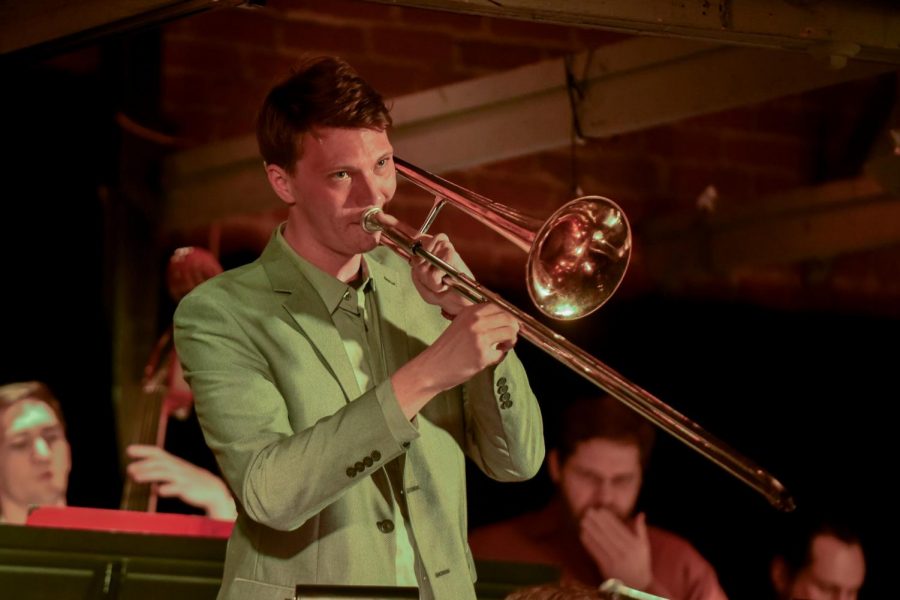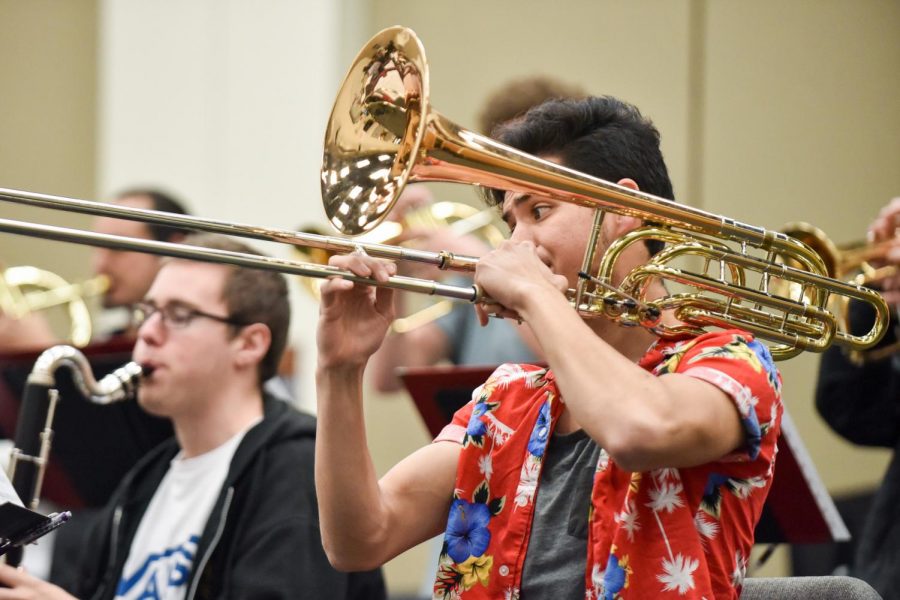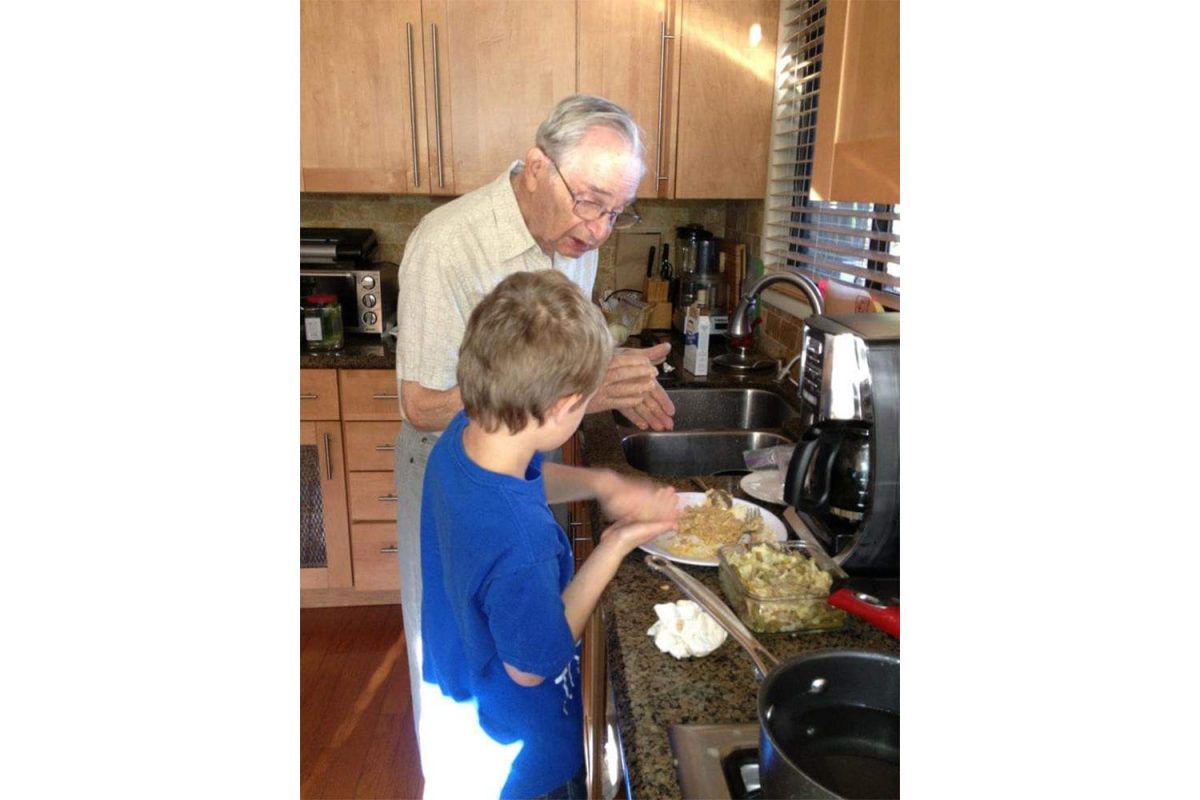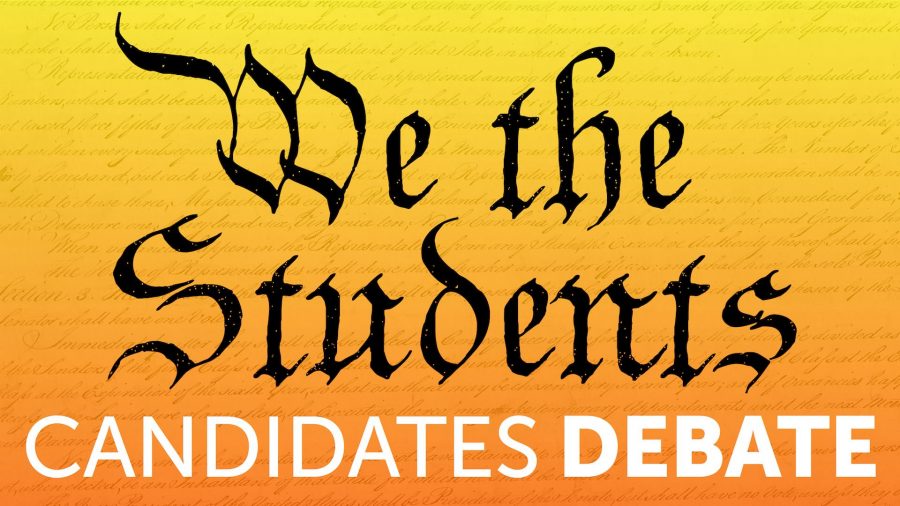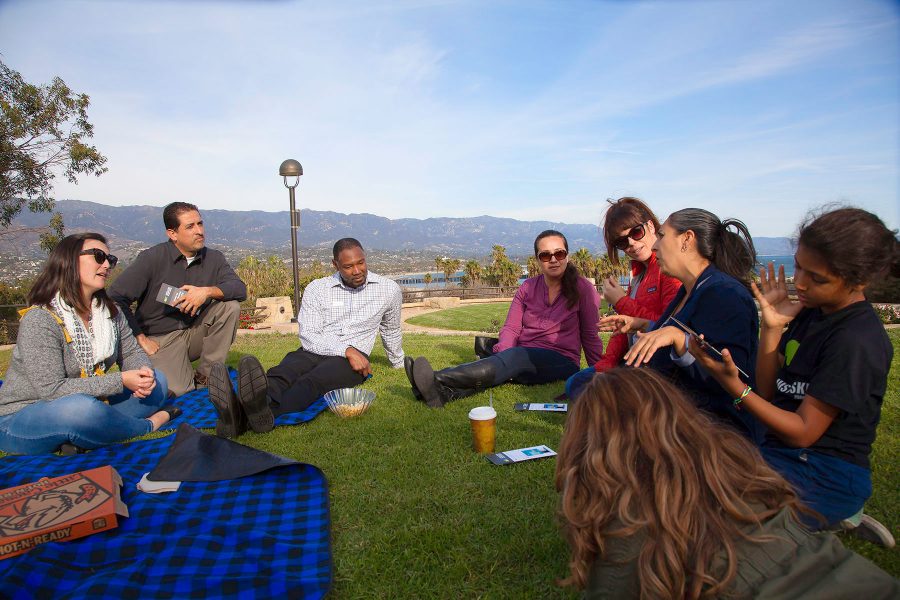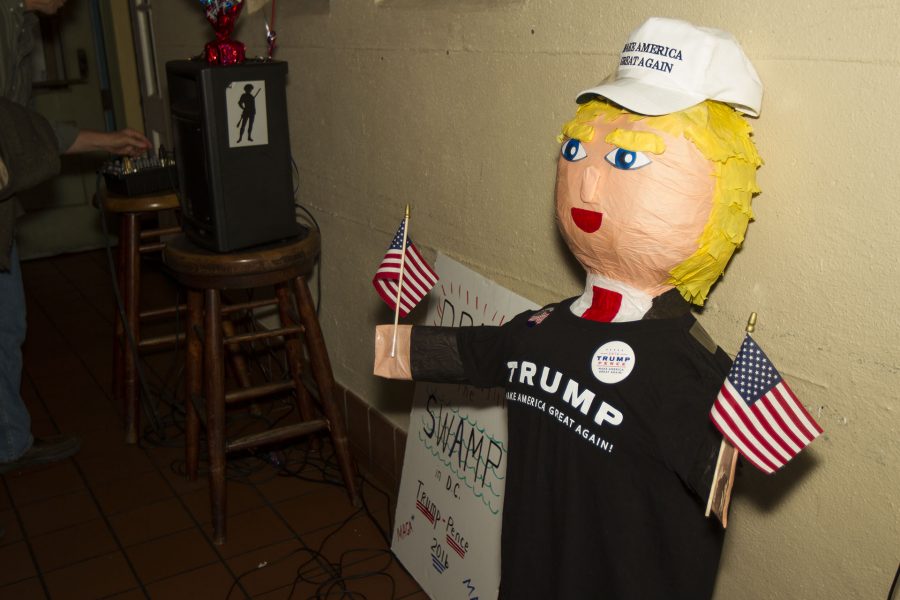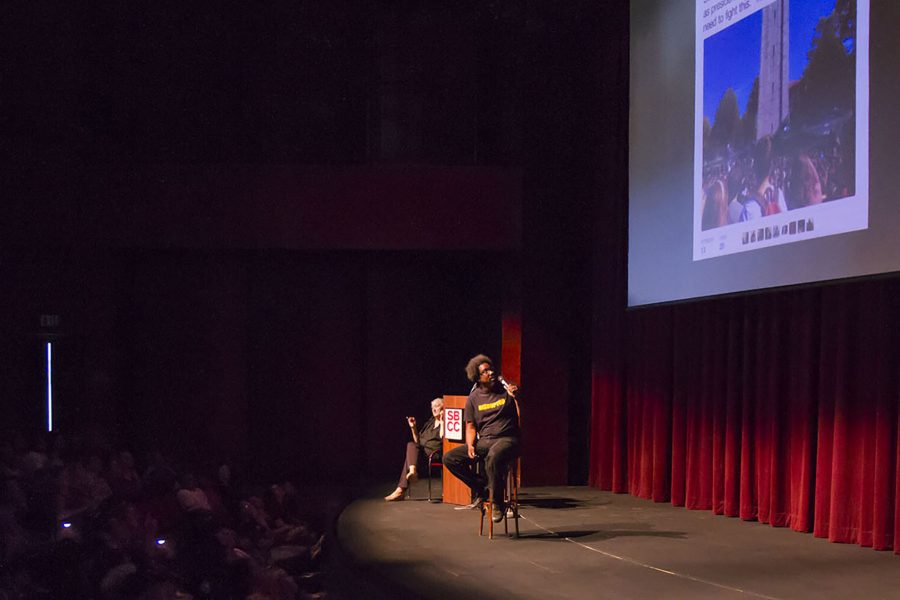If someone disabled your phone’s Internet connection, limiting you to browsing a heavily censored version of the content, would you mind?
Well, that concludes the state of Internet access in North Korean, where authoritarian government enforces excessive censorship.
Would you instead accept being raised and treated as inferior to men just because you’re a woman and it’s what someone else believes in? If not, it’s likely you rarely consider these things. It’s a blessing for those who don’t live in such a prejudice society, however, those who do are not offered justice.
“The wealthier you are, the more likely you are to pursue a vision of personal success [Even] to the detriment of others,” Said UC Berkeley Sociologist Dr. Paul Piff in the Ted Talk, “Does Money Make You Mean?”
Piff’s presentation outlines what effects having privilege have on a person, like a decreased sense of compassion, empathy, and ethical behavior.
This is the caveat that comes with privilege. It’s the convenient sense of security protecting my rights to socialize, pursue wealth and stay alive, which makes me privileged. It’s if I let that separate me from another person, or refuse to understand them, that being privileged becomes bad.
Society forgets that part of itself suffers, which is evident in the United States. Piff’s research proves that.
“We’ve been finding that the wealthier you are the more entitled you feel to that wealth,” he said.
We live in a society that is scarred from deep and personal wounds coast to coast that are taking every second of time moving forward to heal.
In spite of that, the privileged are protected to remain dedicated to the upkeep of their own rights and the neglect of minority groups’ rights.
This effect is seen nationally like in responses to the “Black Lives Matter” movement such as “All Lives Matter.” There is also a movement coined “Ranchers’ Lives Matter” for those that prefer to blatantly campaign their insensitivity.
A public California school was caught with its pants down last month when debating whether it should allow its high school students to protest gay marriage.
It’s “definitely hate speech, but legally, we can’t do anything until these students start to physically harass us, which I believe is an injustice,” Michelle Bachman, vice president of the Gay-Straight Alliance, said on Twitter.
Hip-hop artist Macklemore performed his new song “White Privilege II,” last month on “The Late Show with Stephen Colbert.” When I watched the performance, I was moved by his confession of his place in the music industry.
“I’m only in this for my self interest, not the culture that gave me a voice to begin with,” he admits with guilt during a nine-minute song. He uses that song to illustrate his own inner conflict on how to get involved as a part of the solution to a problem he feels doomed to perpetuate.
The song inspired many and brought attention to part of the issue that is often left out: “What can I do?”
Piff urges people to embrace thinking differently reporting that, “in our lab…small psychological interventions and changes in values…can restore levels of egalitarianism and empathy.”
I believe that when we are mindful of our advantages we can focus the saved effort on supporting others that are lacking an advantage. This can become a formula for equality.
However, privilege will always exist, at least ideologically. That’s why it’s so important we work vigilantly against privilege’s divisive influence and turn disadvantages into advantages.
This means reversing discrimination. It means supporting people for the reasons our country has historically chosen to hold them back.
This is not to be an act of charity; it’s about getting out of the way of another person’s success.
It means embracing diversity.


